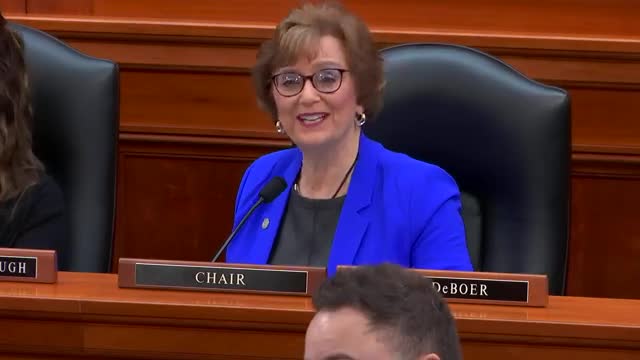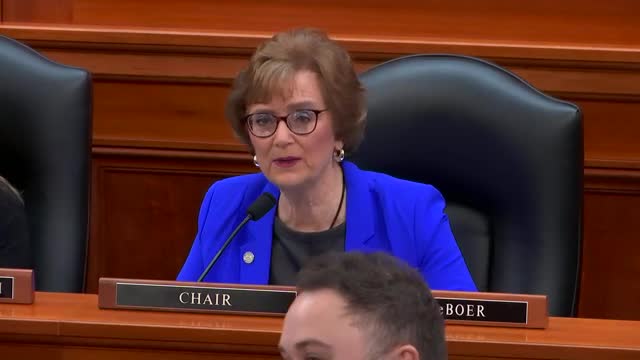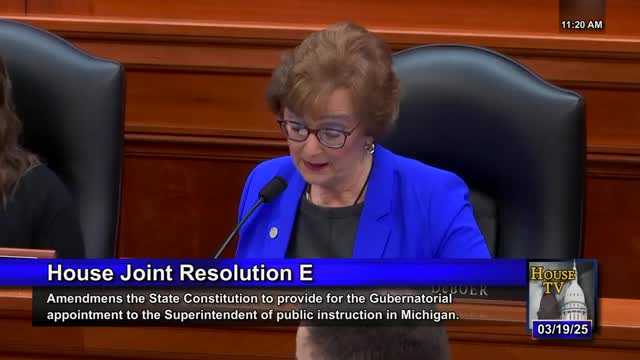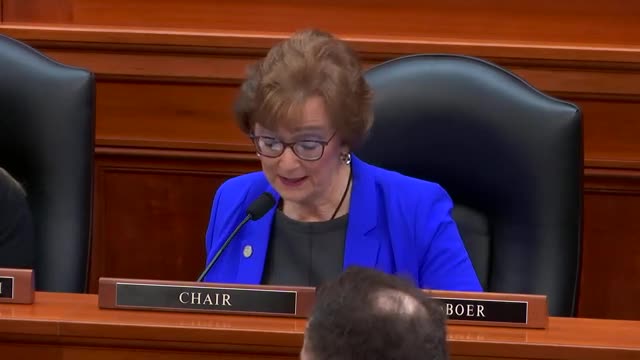Article not found
This article is no longer available. But don't worry—we've gathered other articles that discuss the same topic.

Sponsors propose voluntary pilot to alter statewide testing cadence and measure growth; committee asks about federal requirements and turnaround time

Debate over Michigan Merit Curriculum changes spotlights personal finance and arts requirements

Rep. St. Germain seeks statewide list of recommended curricula and vendors

Committee approves substitute and reports House Joint Resolution E changing superintendent appointment language; final report passes 7–4

